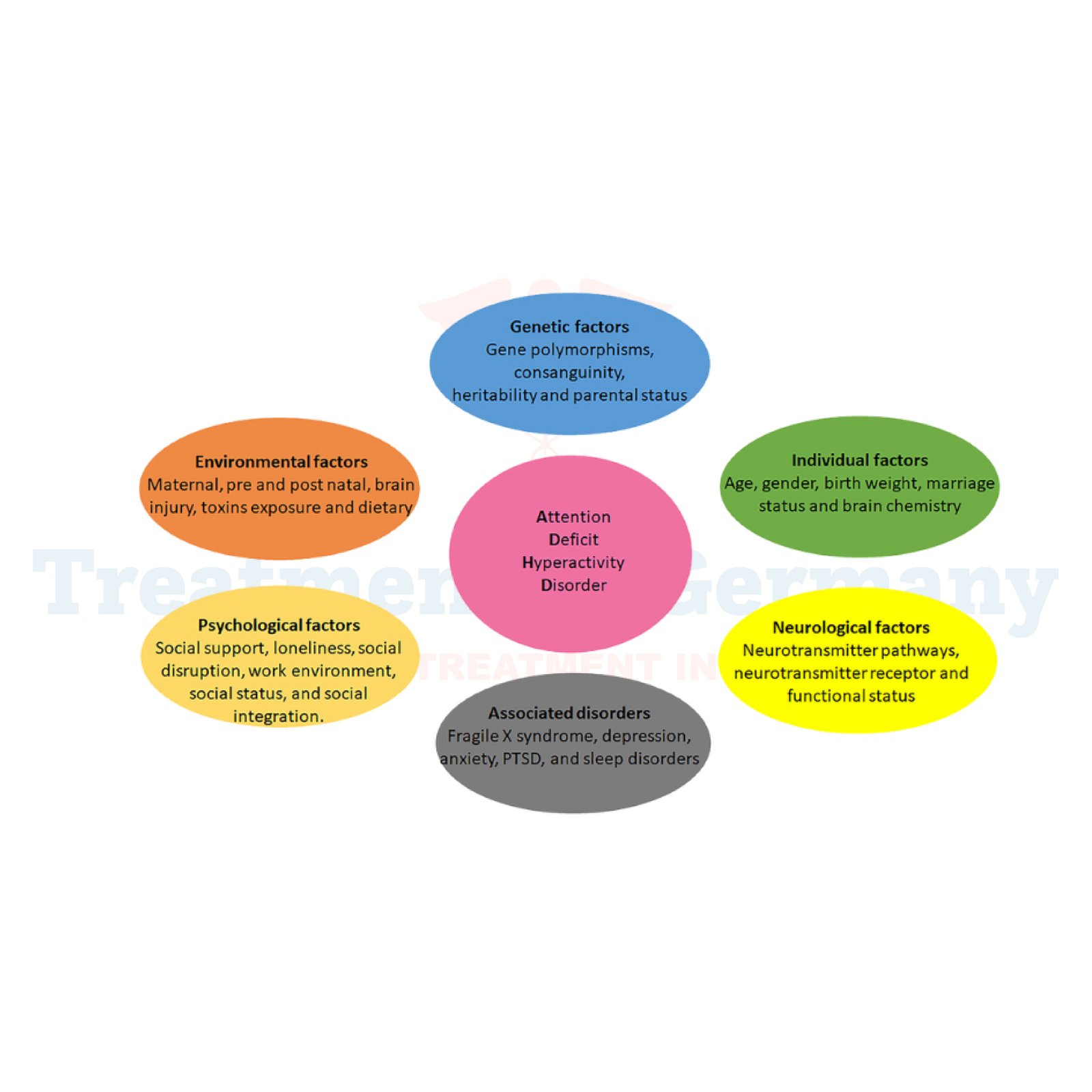Understanding Attention Deficit Hyperactivity Disorder (ADHD)
Attention Deficit Hyperactivity Disorder (ADHD) is a neurodevelopmental disorder that affects individuals' ability to sustain attention, control impulsive behaviors, and manage hyperactivity.
It typically begins in childhood and can persist into adulthood. ADHD is characterized by a combination of symptoms such as inattention, hyperactivity, and impulsivity, which can significantly impact daily functioning and quality of life.
Side Effects of Attention Deficit Hyperactivity Disorder (ADHD)
The symptoms of Attention Deficit Hyperactivity Disorder can lead to various challenges in both academic and professional settings, as well as in personal relationships. Children with ADHD may struggle academically due to difficulties in focusing on tasks and organizing their work. They may also have trouble following instructions and completing assignments.
Adults with Attention Deficit Hyperactivity Disorder may face challenges in maintaining employment, managing finances, and organizing their daily responsibilities. Socially, individuals with ADHD may experience difficulties in maintaining friendships and relationships due to impulsivity and inattentiveness.
How is Attention Deficit Hyperactivity Disorder (ADHD) Diagnosed?
Diagnosing Attention Deficit Hyperactivity Disorder involves a comprehensive evaluation by a healthcare professional, typically a psychiatrist, psychologist, or pediatrician with expertise in ADHD.
The process includes gathering information from the patient, their family members, and teachers or employers, if applicable.
The diagnostic criteria for Attention Deficit Hyperactivity Disorder are outlined in the Diagnostic and Statistical Manual of Mental Disorders (DSM-5), published by the American Psychiatric Association. These criteria include persistent patterns of inattention, hyperactivity, and impulsivity that interfere with functioning or development.
Potential Treatment of Attention Deficit Hyperactivity Disorder (ADHD)
Treatment for Attention Deficit Hyperactivity Disorder often involves a combination of medication, behavioral therapy, and educational support. Stimulant medications such as methylphenidate and amphetamine derivatives are commonly prescribed to help manage symptoms of inattention and hyperactivity.
These medications work by increasing the levels of certain neurotransmitters in the brain that play a role in attention and impulse control.
Behavioral therapies, such as cognitive behavioral therapy (CBT) and behavioral modification techniques, are also important components of treatment.
These therapies aim to improve organizational skills, time management, and coping strategies for impulsivity. They can be particularly beneficial for children and adults struggling with ADHD-related challenges in daily life.


.webp)
 (1).webp)

.webp)
 (1).webp)


.webp)
 (1).webp)

.webp)
 (1).webp)
